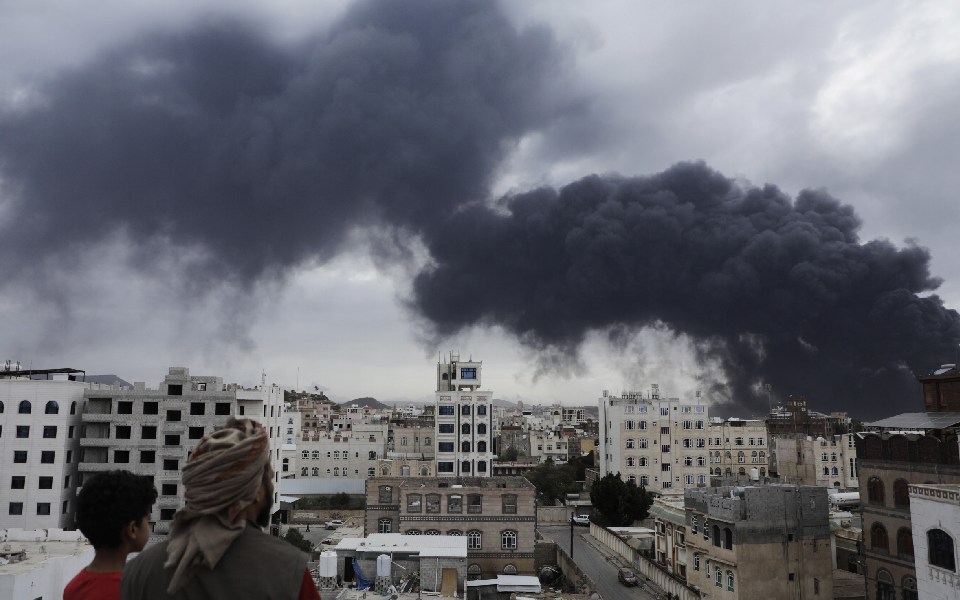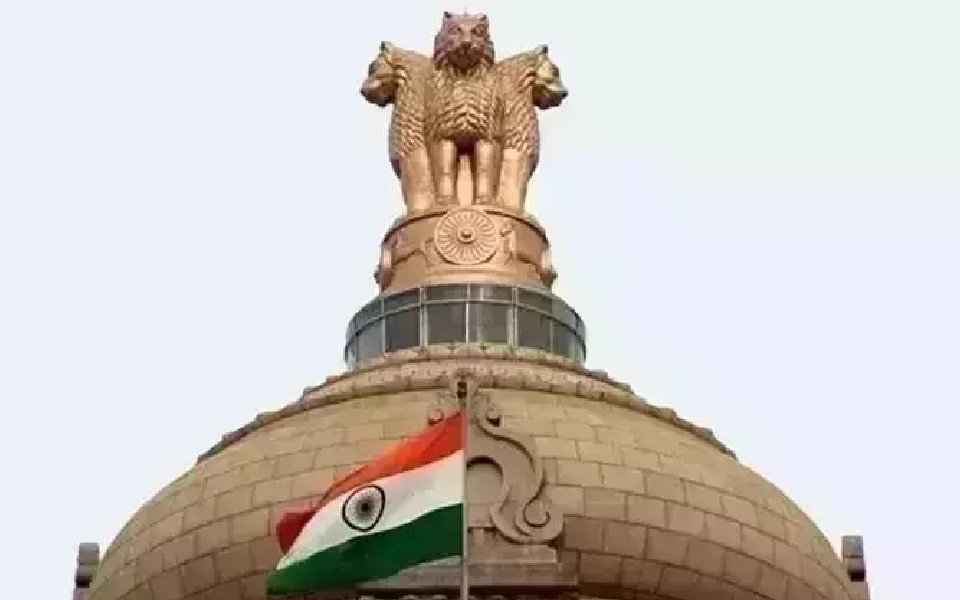Mumbai: A D-Mart employee in Versova, Andheri (West), was allegedly assaulted by Maharashtra Navnirman Sena (MNS) workers after he refused to speak in Marathi. The incident, which took place on March 25, has reignited debates over language politics in Maharashtra.
A video of the altercation has gone viral, showing the employee telling a customer, “Nahi aata meko Marathi, main Hindi hi bolega, jo karna hai wo kar” (I don’t know Marathi, I will speak only in Hindi. Do what you want to do). The remarks reportedly drew the attention of MNS workers, who, led by their Versova unit president Sandesh Desai, visited the store and confronted the employee.
The video shows MNS workers slapping the employee and questioning him about when he arrived in Mumbai. They also demanded that he learn Marathi if he wished to continue working at the store. Following the confrontation, the employee issued an apology, according to PTI.
Similar incident reported in Mulund
A similar case was reported in January at a fast-food stall in Mulund, where MNS workers allegedly assaulted an employee over his treatment of a Marathi-speaking family. According to reports, the incident began when a woman and her mother, who had visited Mulund for bank-related work, stopped at the stall. The worker allegedly insulted them, saying, “If you can’t afford it, why did you come here to eat?” When the woman questioned him, he allegedly began shouting, and when her mother intervened, he pushed her aside.
Following this, the family approached the MNS public relations office, after which party workers confronted the employee at the stall. A viral video shows the workers grabbing him by the collar, slapping him repeatedly, and dragging him outside. Another employee who attempted to intervene was also slapped and warned to stay away. The worker initially denied the allegations but was later forced to apologise.
"मराठीसाठी पुन्हा मनसे"
— Sumit Bane (@SumitBaneMNS) March 25, 2025
काल तुम्ही जो राडा पाहिलात तो फक्त चमकोगिरीसाठी होता, आज मराठी माणसावर अन्याय व मराठी भाषेचा अपमान झाला तेव्हा धावून फक्त मनसे आली!
मराठीचा अपमान केला म्हणून डी-मार्टच्या मॅनेजरचे कान फोडल्याबद्दल @SandeshDesai15 आणि टीमचे अभिनंदन!#Mumbai pic.twitter.com/DwnGjJXuHc
Let the Truth be known. If you read VB and like VB, please be a VB Supporter and Help us deliver the Truth to one and all.
Jerusalem, May 6 (AP): Israel's military said Tuesday it launched airstrikes against Iranian-backed Houthi rebels in Yemen, fully disabling the country's international airport in the capital, Sanaa, and striking several power plants.
The strikes, the second in two days, came after Israel launched airstrikes in retaliation for a Houthi missile strike the previous day on Israel's international airport.
The Houthis' satellite news channel al-Masirah reported the strikes, confirming the airport had been hit.
Footage aired on Israeli television showed thick black plumes of smoke rising above the skyline of Sanaa. Social media video purported to show multiple strikes around Sanaa, with black smoke rising as the thumps of the blast echoed against the surrounding mountains.
There was no immediate information on any casualties.
Tuesday's strike came shortly after the military issued a warning on social media for people to evacuate the area of Yemen's international airport.
“We urge you to immediately evacuate the area of the airport and to warn anyone nearby to distance themselves immediately,” spokesperson Avichay Adraee wrote on social media, attaching a map of Sanaa International Airport. “Failure to evacuate the area endangers your lives.”
On Monday night, Israel targeted the Iranian-backed Houthi rebels in Yemen's Red Sea province of Hodeida, killing at least one person and wounding 35.
The rebels' media office said at least six strikes hit the crucial Hodeida port. Others hit a cement factory in the district of Bajil, 55 kilometres northeast of Hodeida, the rebels said. The Houthi-run Health Ministry said the strikes killed at least four people and wounded 39 others.
The Houthis on Sunday launched a missile that struck an access road near Israel's main airport near Tel Aviv, briefly halting flights and commuter traffic. Four people were lightly injured.
It was the first time a missile struck the grounds of Israel's main airport, Ben Gurion, since the October 2023 start of the war in Gaza. It prompted a flurry of flight cancellations. While most missiles launched by the Houthis have been intercepted, some have penetrated Israel's missile defence systems, causing damage.
The Houthis have targeted Israel throughout the war in solidarity with Palestinians in the Gaza Strip, raising their profile as the last member of Iran's self-described “Axis of Resistance” capable of launching regular attacks on Israel.
The US military under President Donald Trump has launched an intensified campaign of airstrikes targeting the Houthis since March 15.
Israel has repeatedly struck against the rebels in Yemen. It struck Hodeida and its oil infrastructure in July after a Houthi drone attack killed one person and wounded 10 in Tel Aviv.
In September, Israel struck Hodeida again, killing at least four people after a missile targeted Ben Gurion airport as Prime Minister Benjamin Netanyahu was returning to the country. In December, Israeli strikes killed at least nine people in Hodeida.





